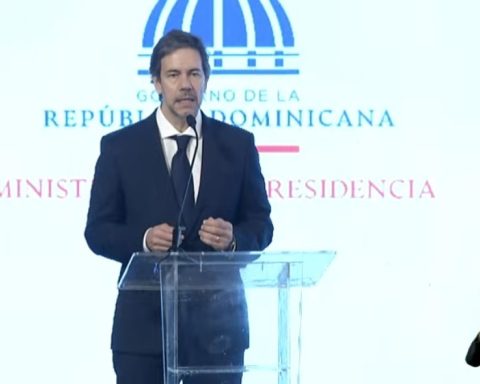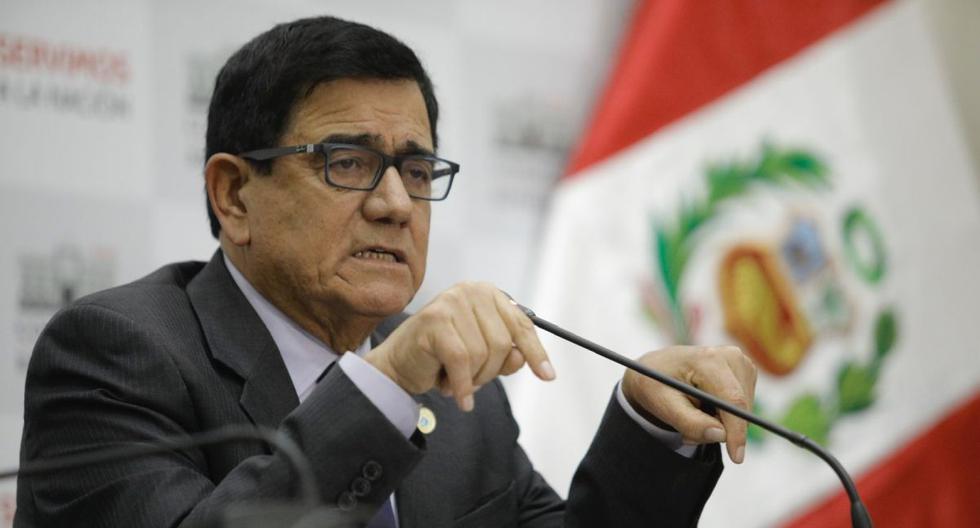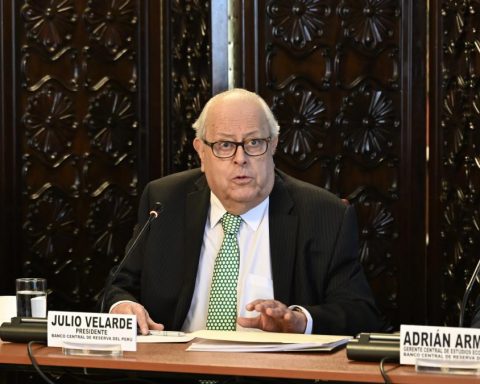The Plenary Assembly of the Central American Parliament (Parlacen) approved a resolution submitted by the Dominican deputy Silvia García, which seeks to promote actions that improve road safety in the member countries of the Central American Integration System (SICA) in order to reduce traffic accidents. transit.
The resolution, approved in the last plenary session of the regional forum based in Guatemala, maintains in one of its recitals that it calls for concern the increase in traffic accidents that have been occurring in each of the countries of the SICA, and the social and economic consequences that they cause, such as human and material losses, the detriment of health, among others.
In this sense, it is highlighted that road accidents are the second leading cause of death worldwide and in the region, mainly among young people.
You can read: Traffic accidents cost US$3,000 MM a year to the DR
The approved resolution recommends to the member states of SICA, of which the Dominican Republic“that have not yet done so, implement policies and measures that comprehensively address road safety from a gender perspective and strengthen institutional capacity through adequate training and development on the subject.”
They also suggest that the countries of the region seek actions to comply with current regulations on road safety “and for those who have not yet done so, design campaigns, programs, projects, tending to raise awareness among the population in aspects of traffic activity , mainly in education androad safety”.
Likewise, they recommend that through their communication media, these nations establish permanent and constant campaigns on education and road safety “that promote awareness and sensitization for the prevention of accidents and, to the extent possible, urge the private media to to join these efforts.”
In the resolution, it is also established in one of its articles to recommend to the Congresses and Legislative Assemblies of the SICA Member States, to strengthen or implement public policies with a gender perspective, “in terms of accident prevention, which include the obligation to receive training on education and road safety for drivers and pedestrians”.
They also recommend that the Ministries or General Directorates in charge of the infrastructure of the SICA Member States guarantee the safety and protection of all citizens, “with a safer road infrastructure and maintenance of transit routes, signaling systems and other types of infrastructure, taking into account the geography of the country”.
In another of the articles, they also recommend that the Ministries of Education of these countries promote in educational centers “actions to strengthen education in the knowledge of road safety for both students, teachers and parents.”

















